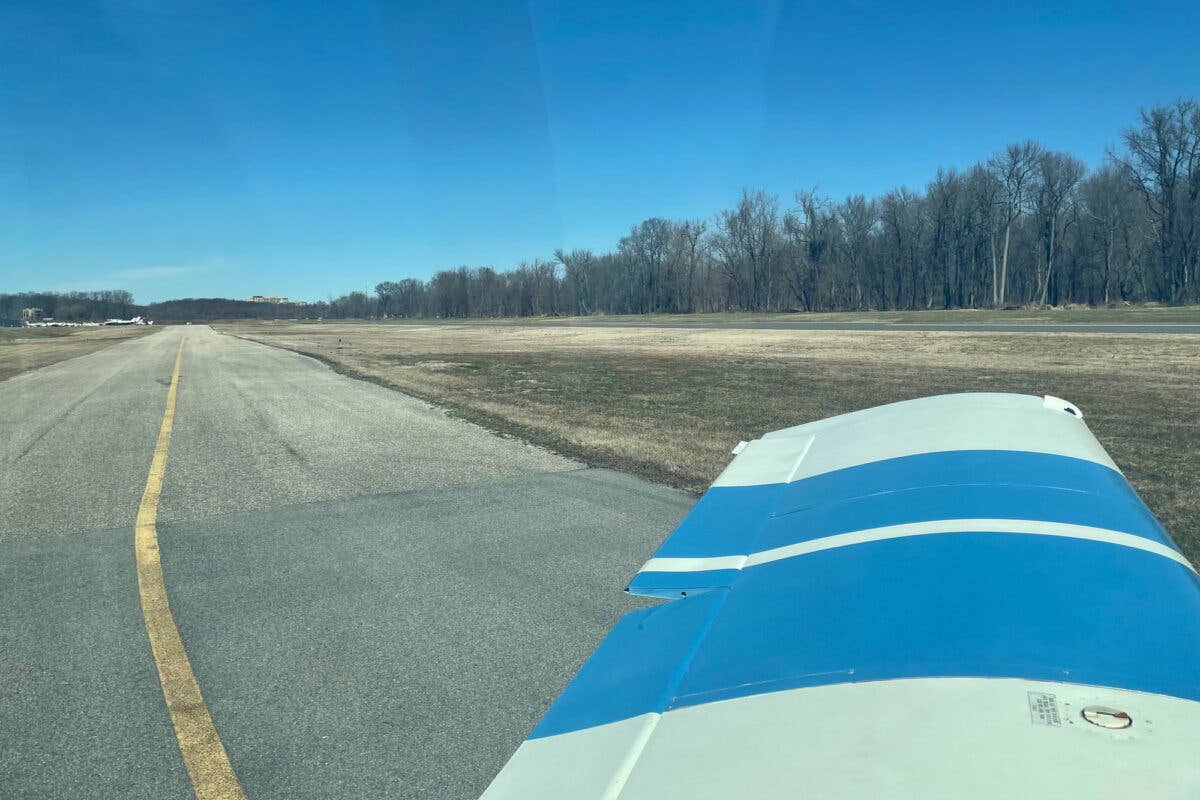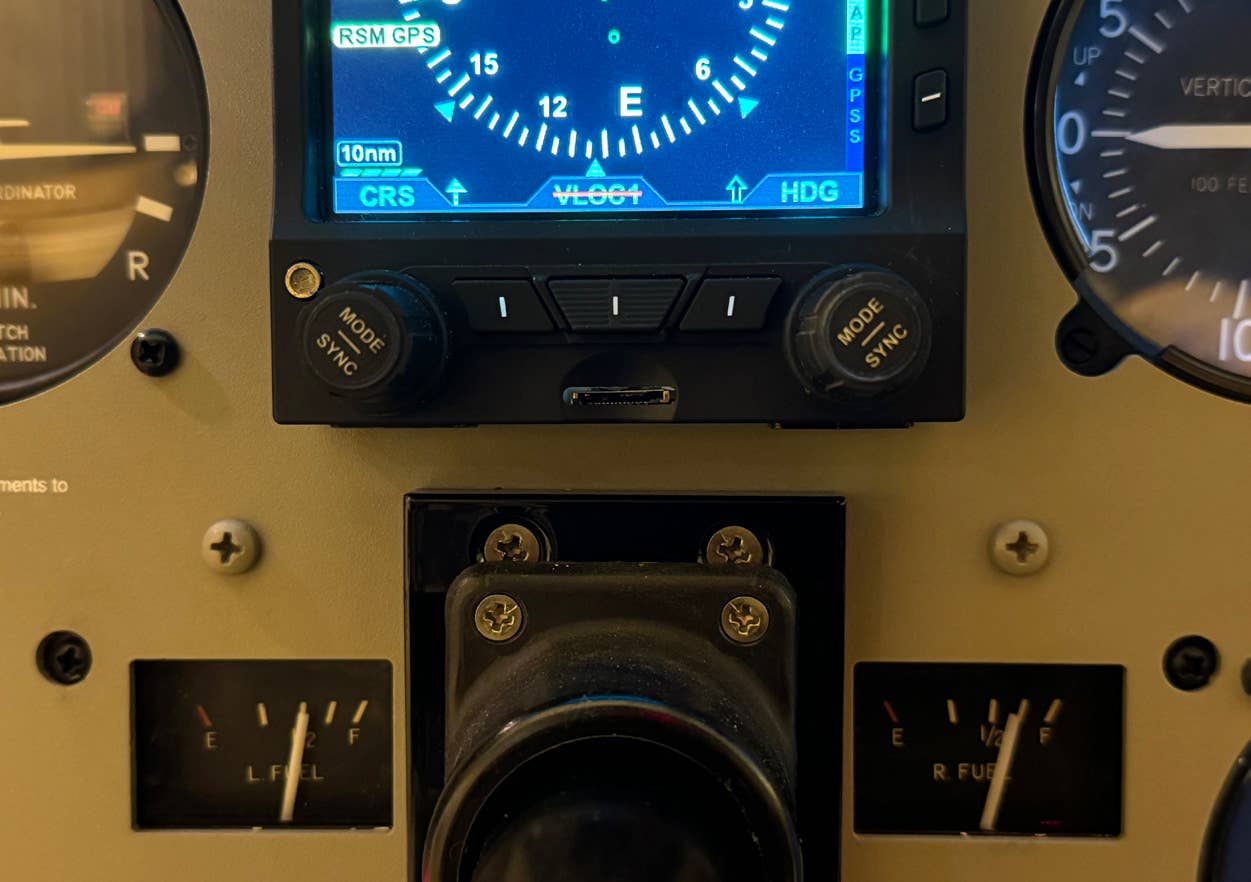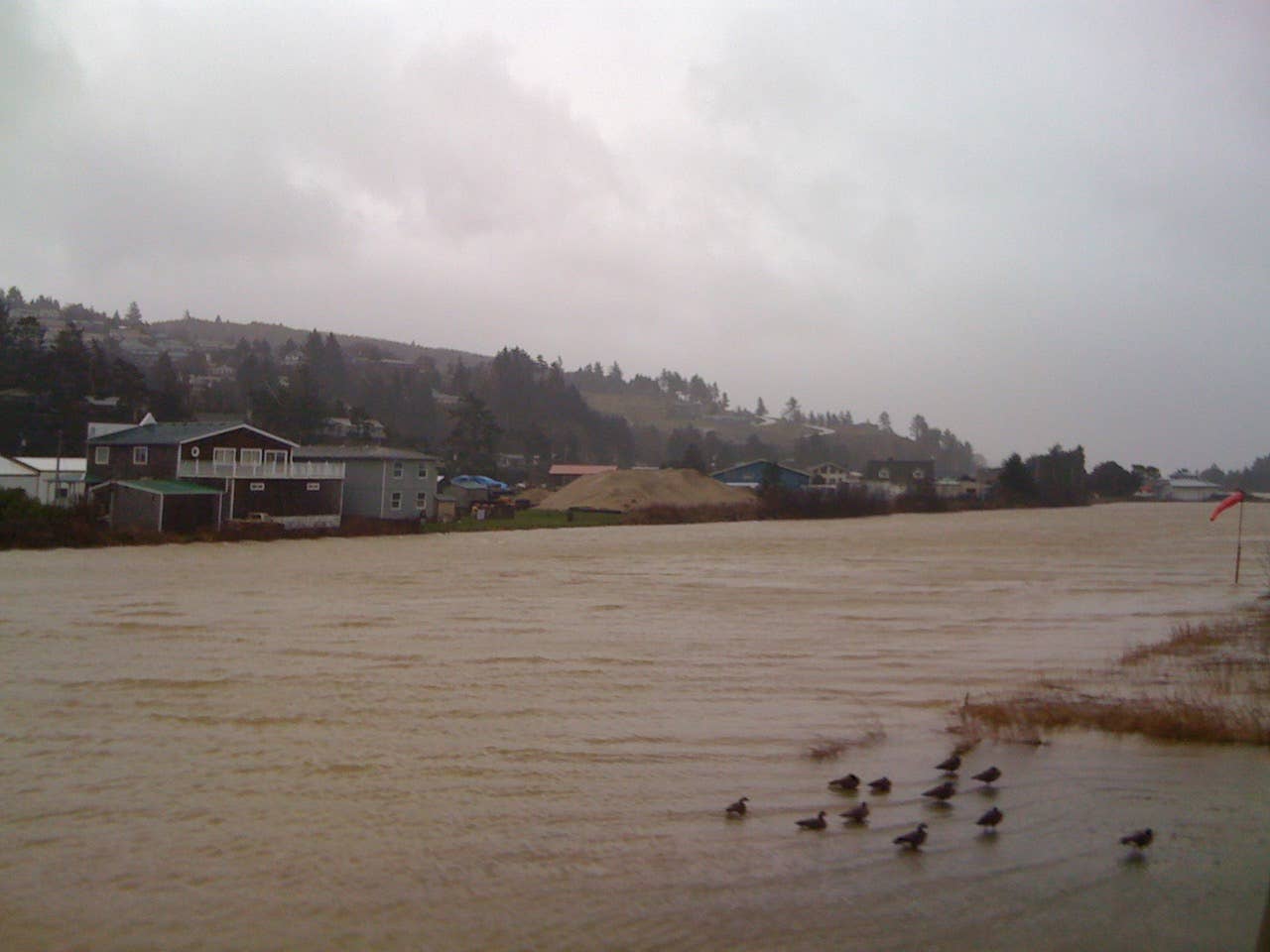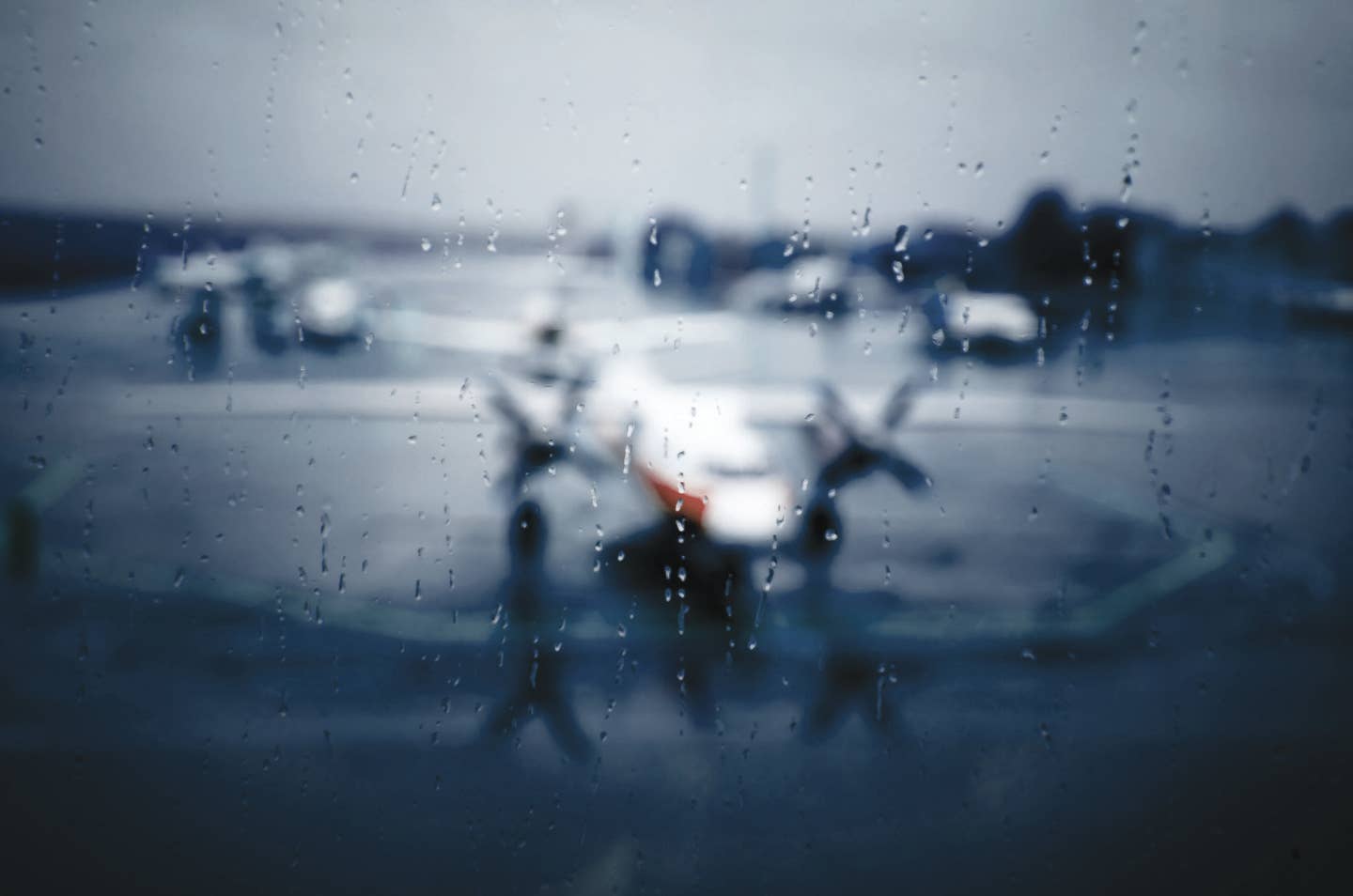
This time, you did all your homework. You got a good night's sleep. And maybe all your biorhythms were synched up just right. For whatever combination of reasons, you just cleaned your plate -- completed your entire training syllabus with half an hour left on your simulator punch card. What would you do? This question also applies to those who perform their recurrent training in flight. You've paid for the time. Now, how will you use it?
When Flying Editor-in-Chief Mac McClellan wrote about a recent Citation recurrent training session, he described his response to that scenario. Finishing the syllabus with time to spare, Mac asked his instructor for a challenge, and they decided on an apparently simple visual approach -- but to a relatively short, contaminated runway. Mac doesn't get surprised by much, but he recalled how the procedure turned out to be more complex than it looked at first glance. A lesson for us all.
SimCom in Orlando, Florida, is one of the most popular training providers for owner-flown aircraft, including single-engine turboprops such as the Pilatus PC-12 and the Socata TBM 850. Tracy Brannon, senior VP and managing director for SimCom, said when it comes to dealing with extra time in the sim, pilots' reactions vary. "Some are happy to call it a day and go have a beverage," he admitted. While others have specific procedures they'd like to try -- or try again, as most scenarios are already part of the new- or recurrent-training syllabus. Among the most popular pilot requests (including those who fly pistons and turbines, singles and twins), he named: engine failure on takeoff; V1 cuts; and forced landings. All are bona fide emergencies we hope never to face in a real airplane. Also on many pilots' requested agendas is a precision approach to minimums, he said.
And then there are those, like Mac, who ask the instructor to challenge them with a surprise scenario. The instructor's response depends on a lot of factors, said Brannon, including the pilot's performance so far in the training session; his familiarity with the pilot's day-to-day flying mission; his understanding of the pilot's weaknesses; and more.
What would you do? Call it a day and go home early? Try out some obscure emergency procedure you've been wondering about? Ask the instructor to surprise you? If the idea of some sweet 'bonus' training time appeals to you, there's that much more incentive to gobble up those boring syllabus items early so you can enjoy dessert.

Sign-up for newsletters & special offers!
Get the latest FLYING stories & special offers delivered directly to your inbox






